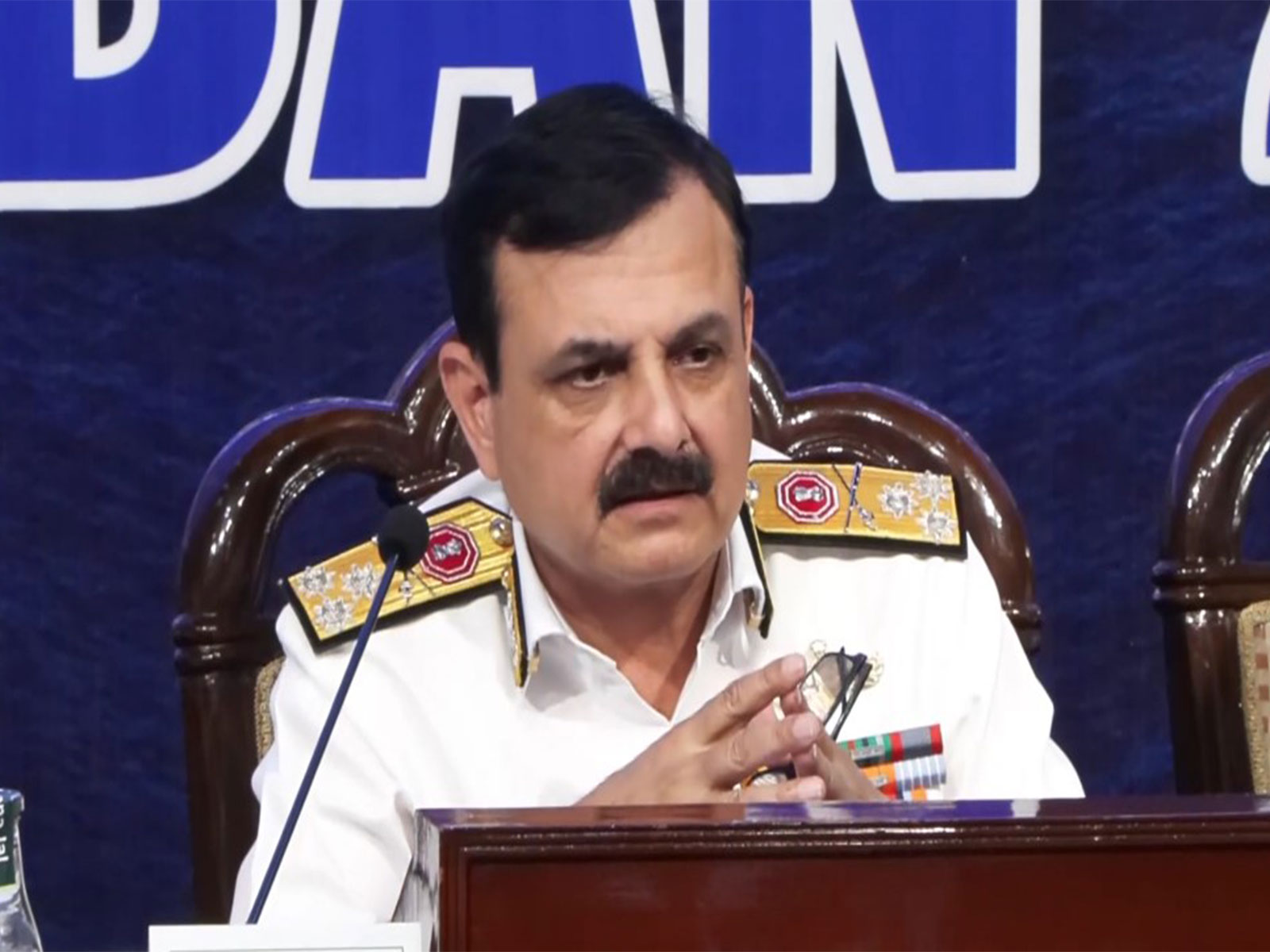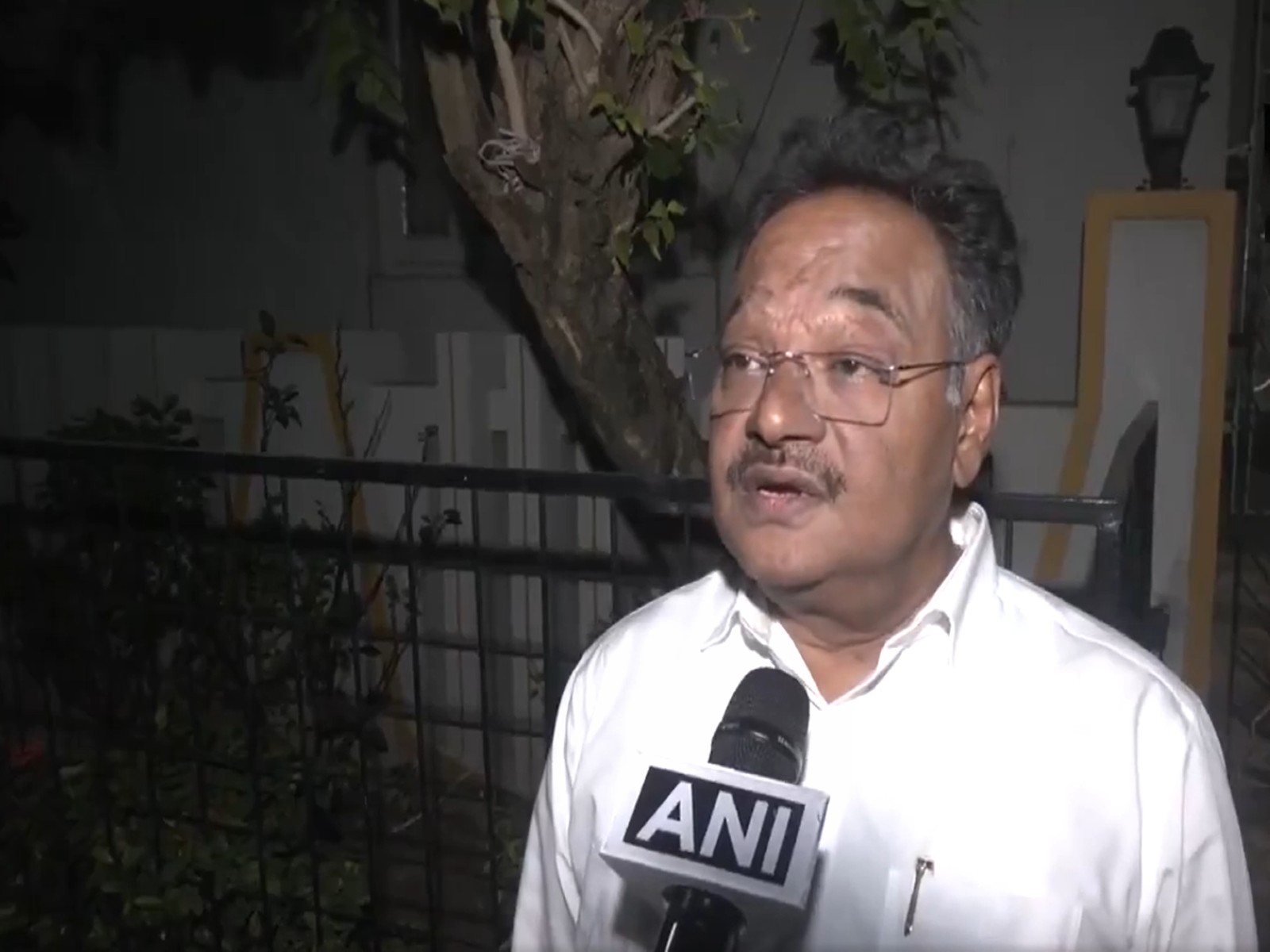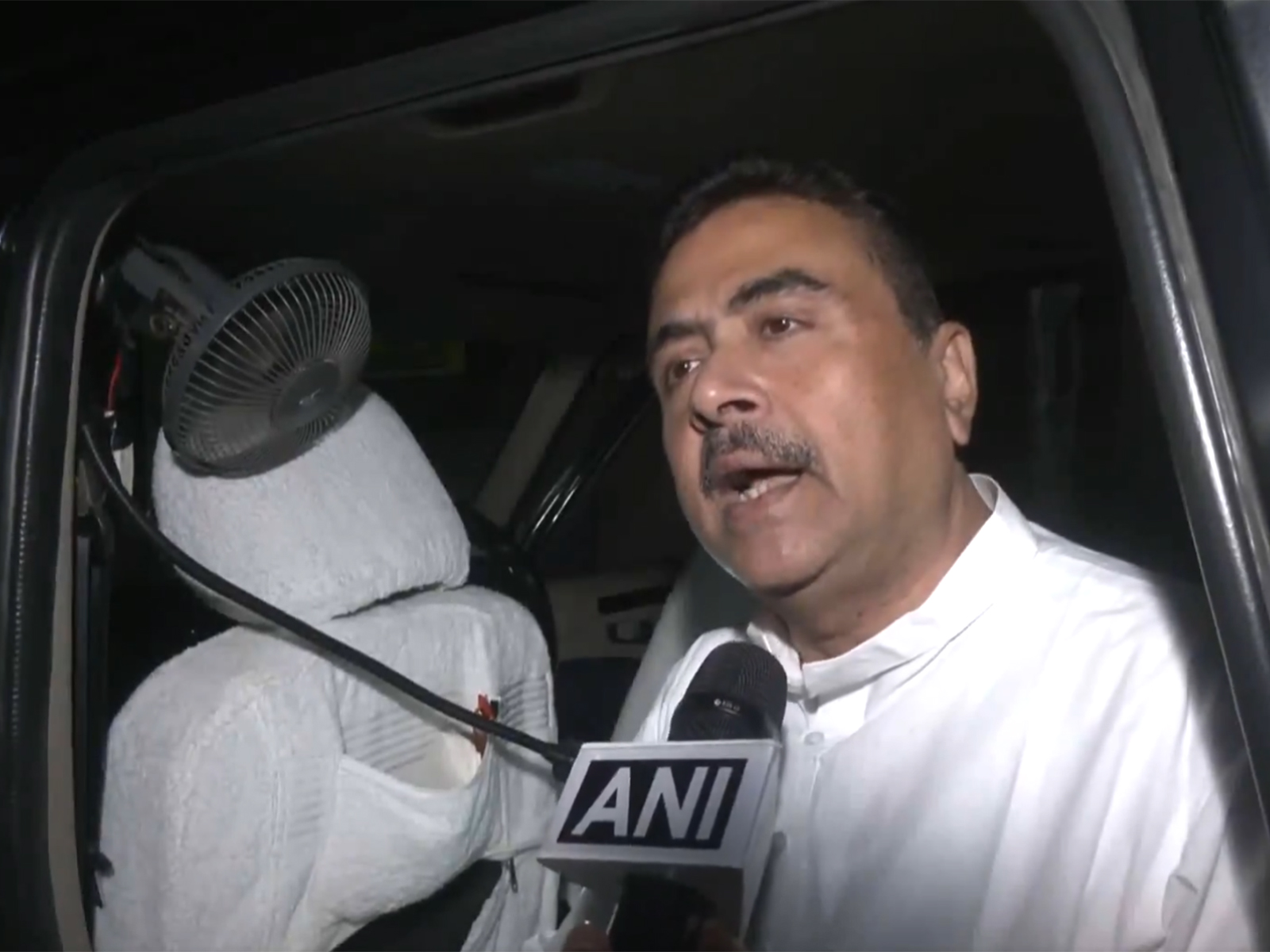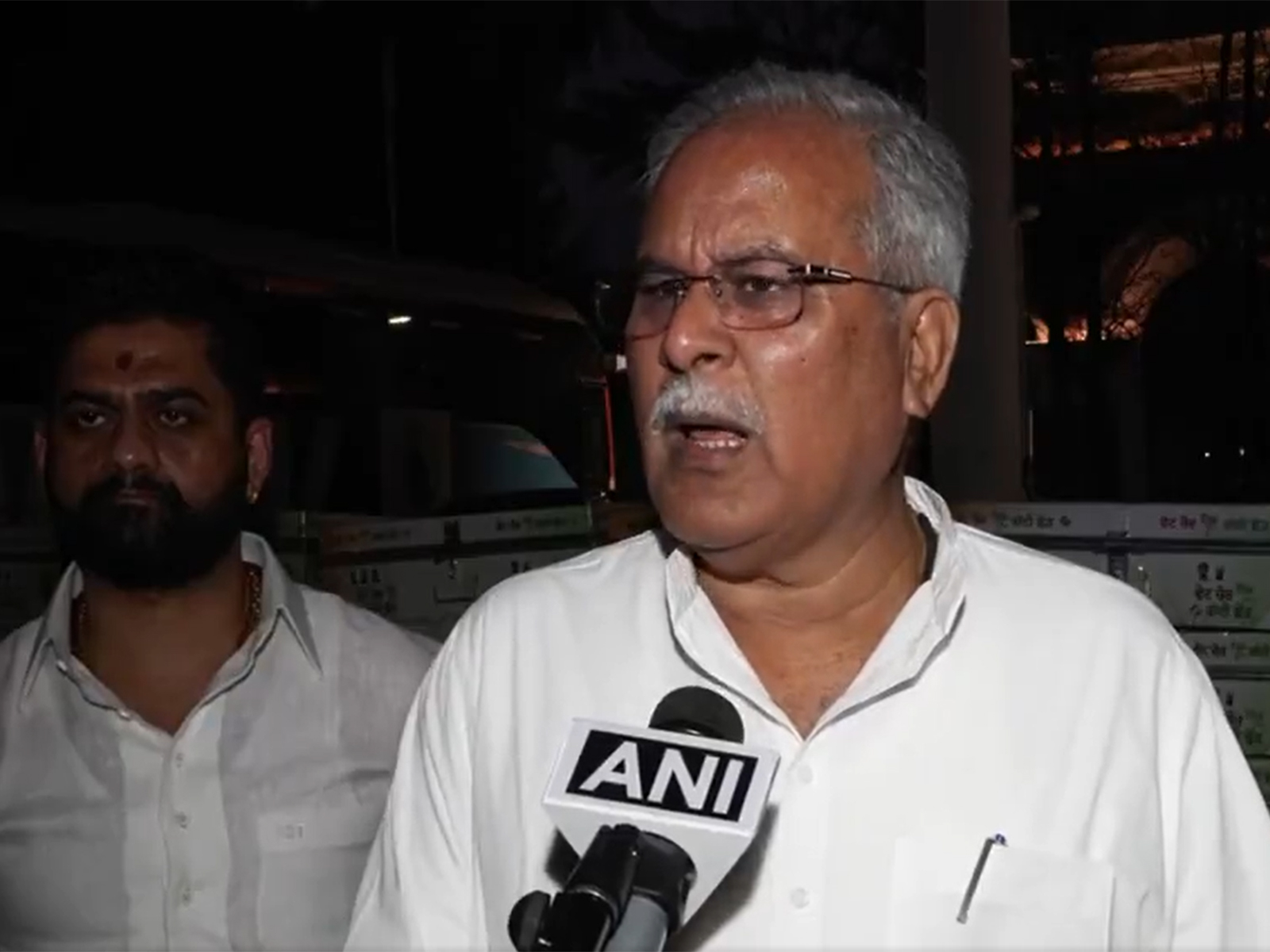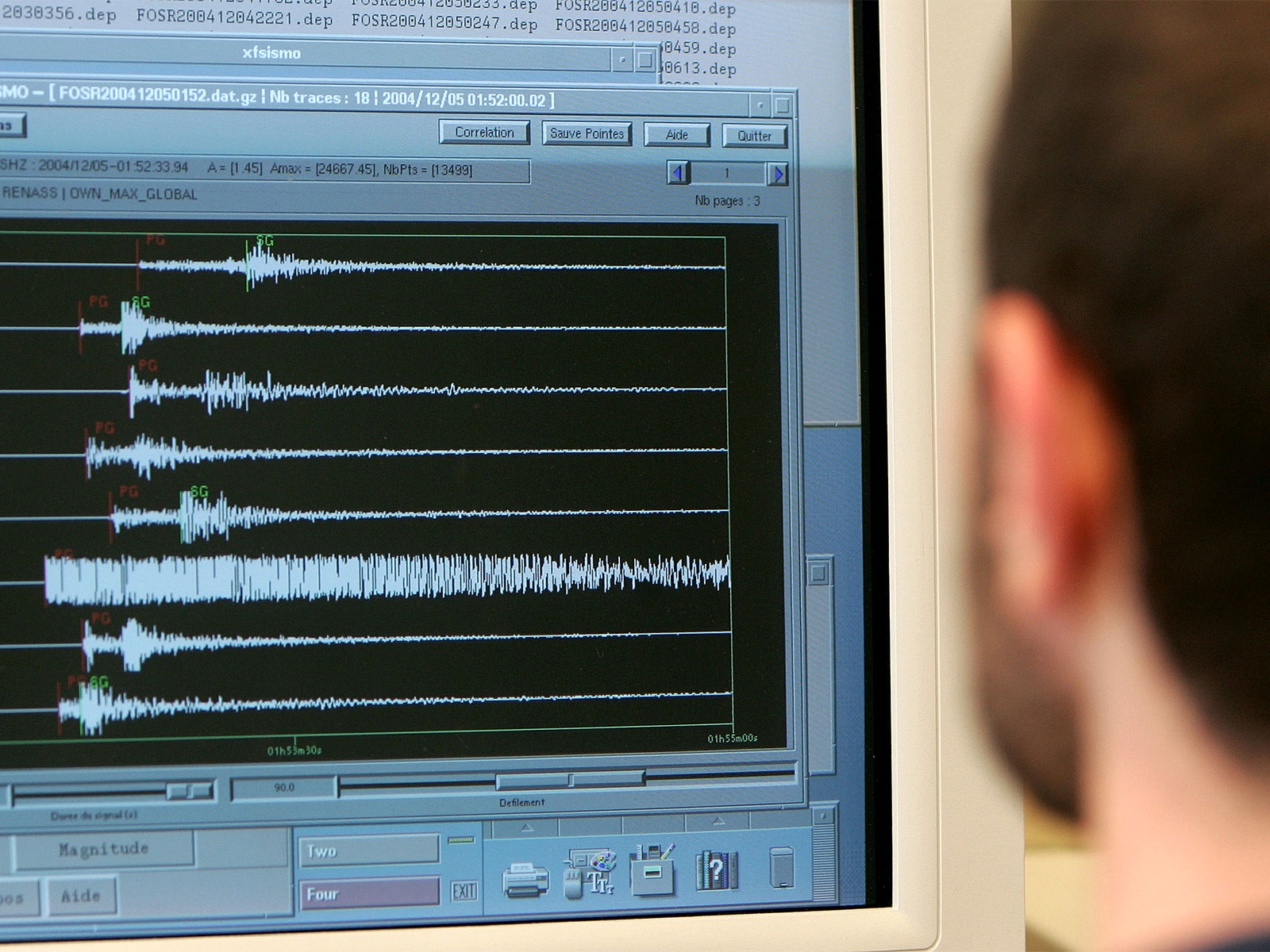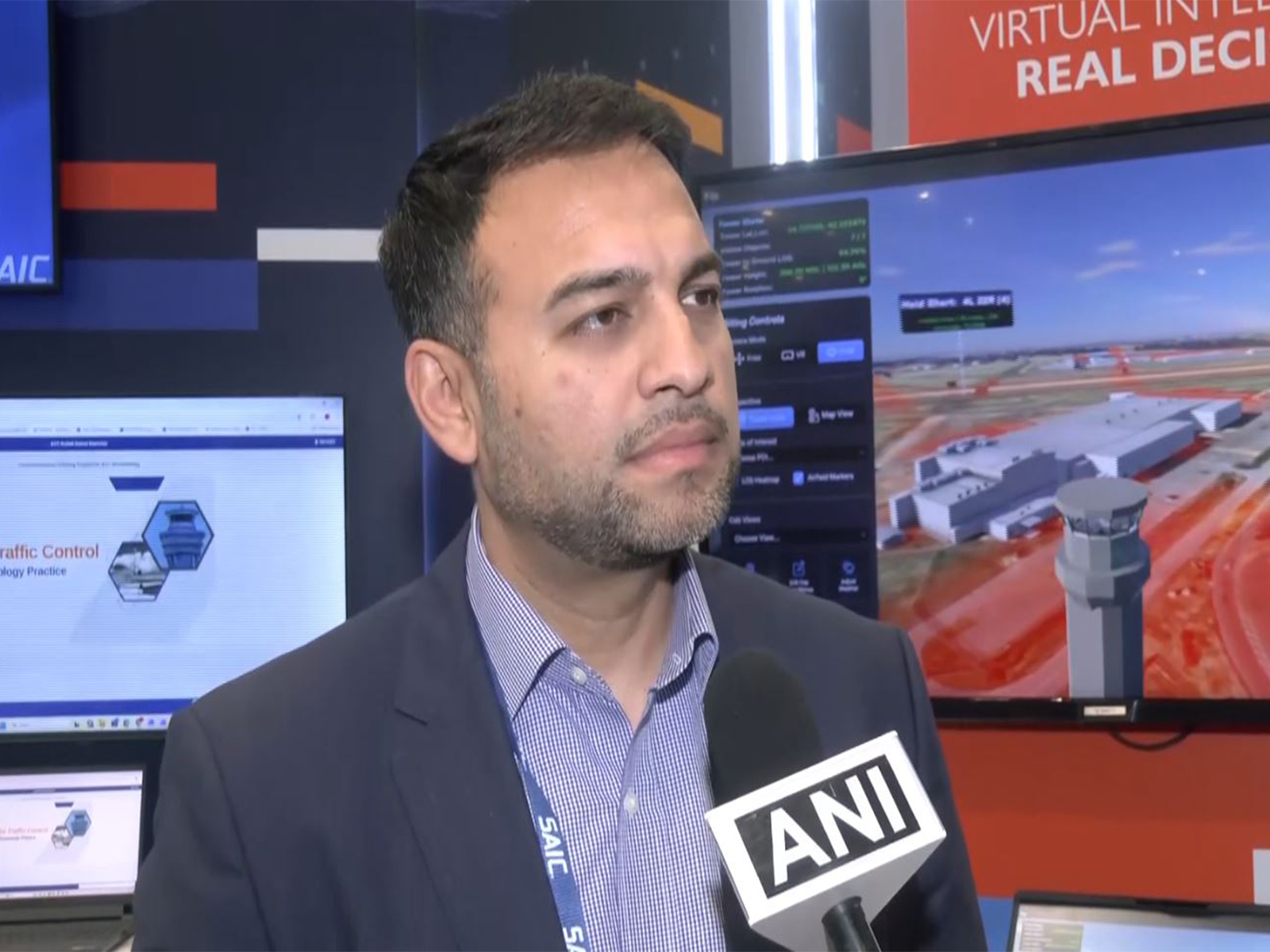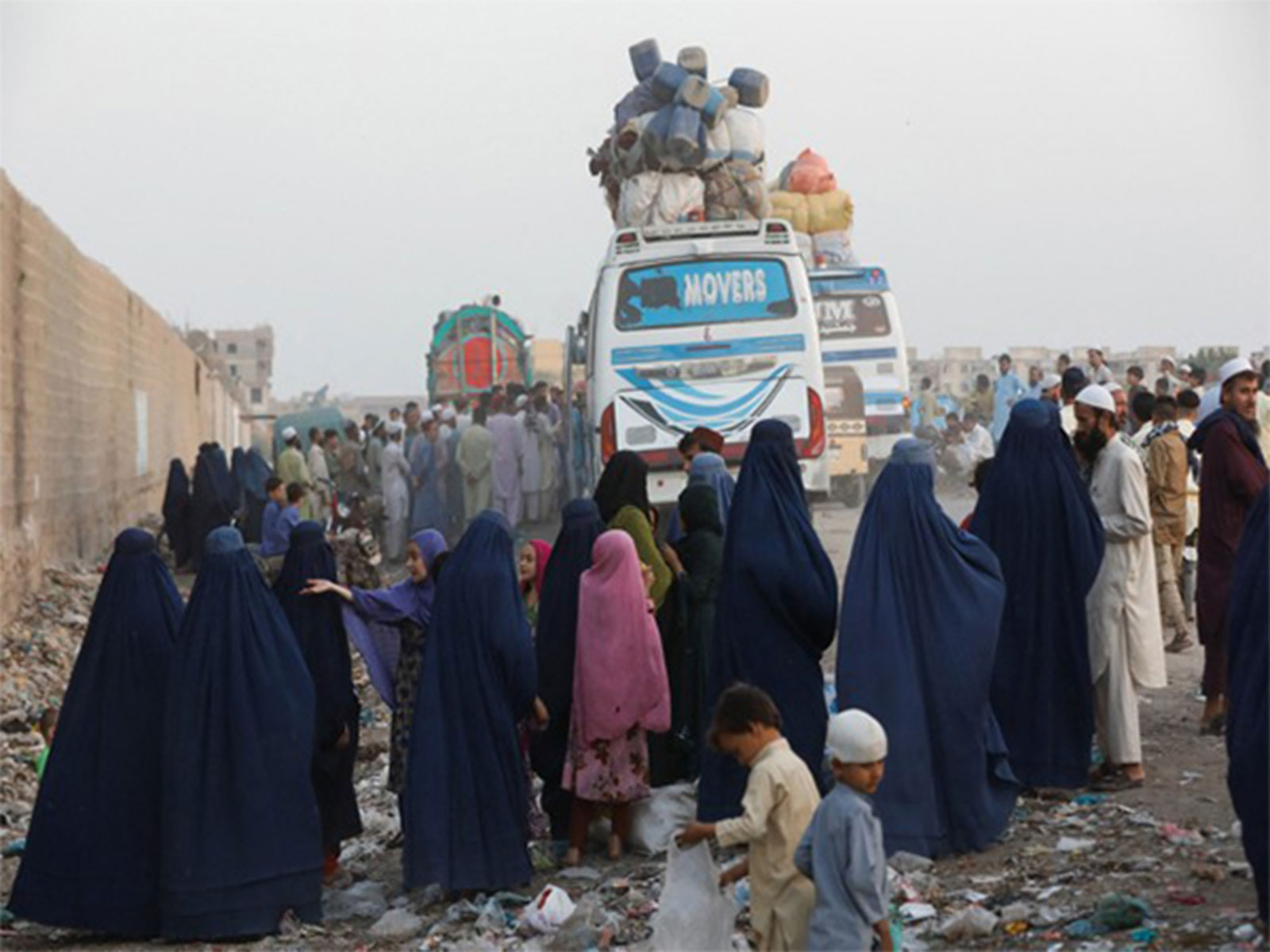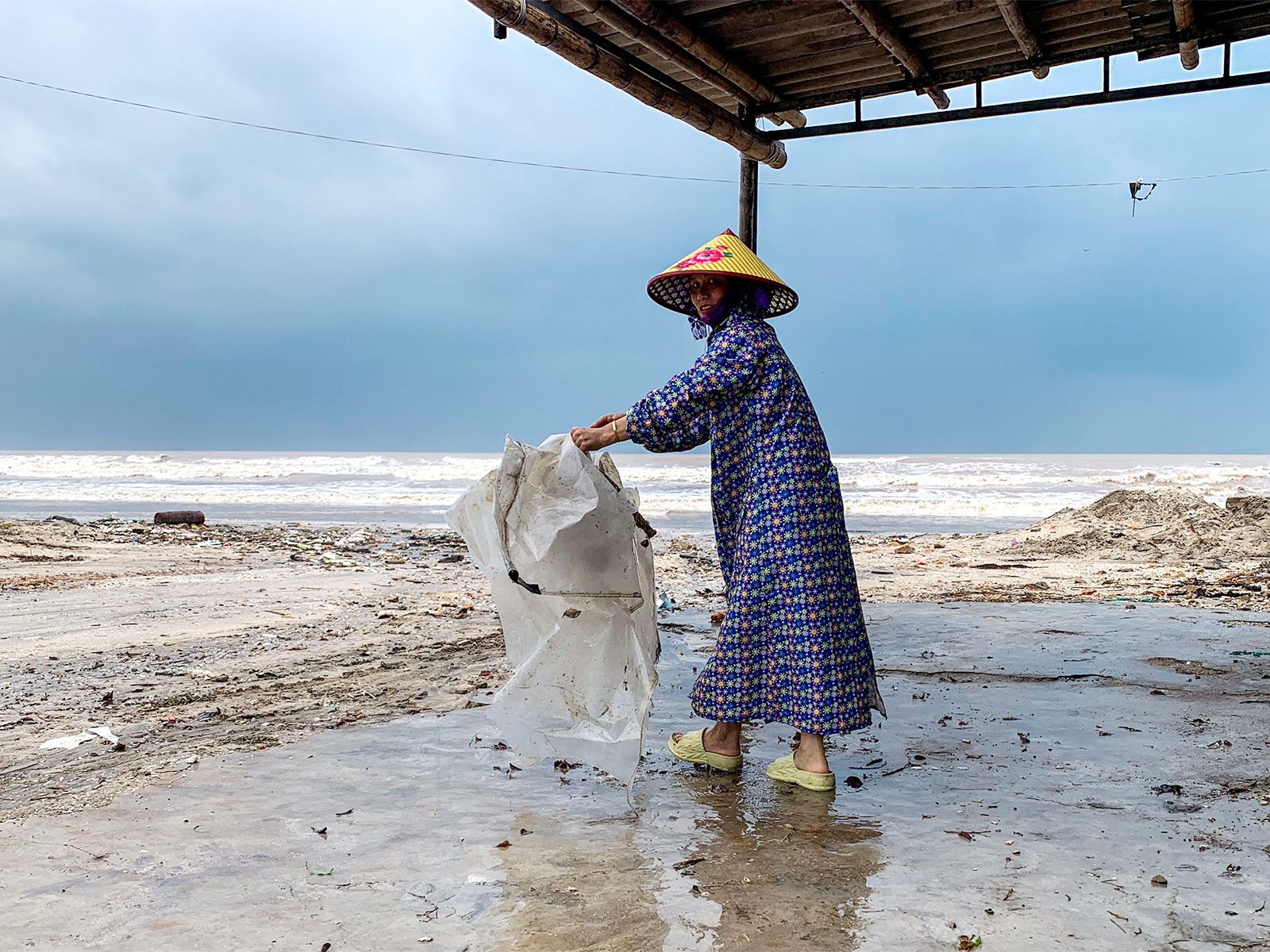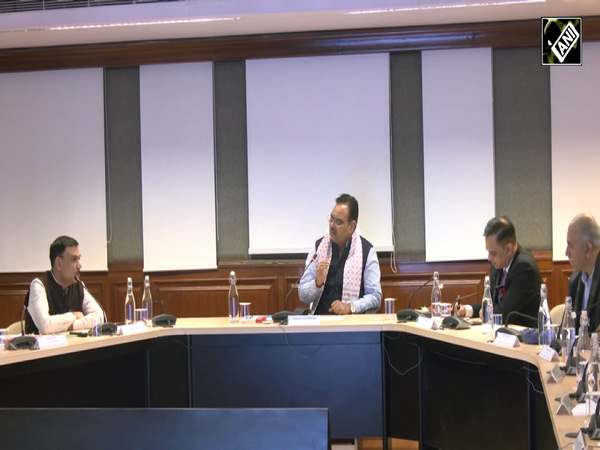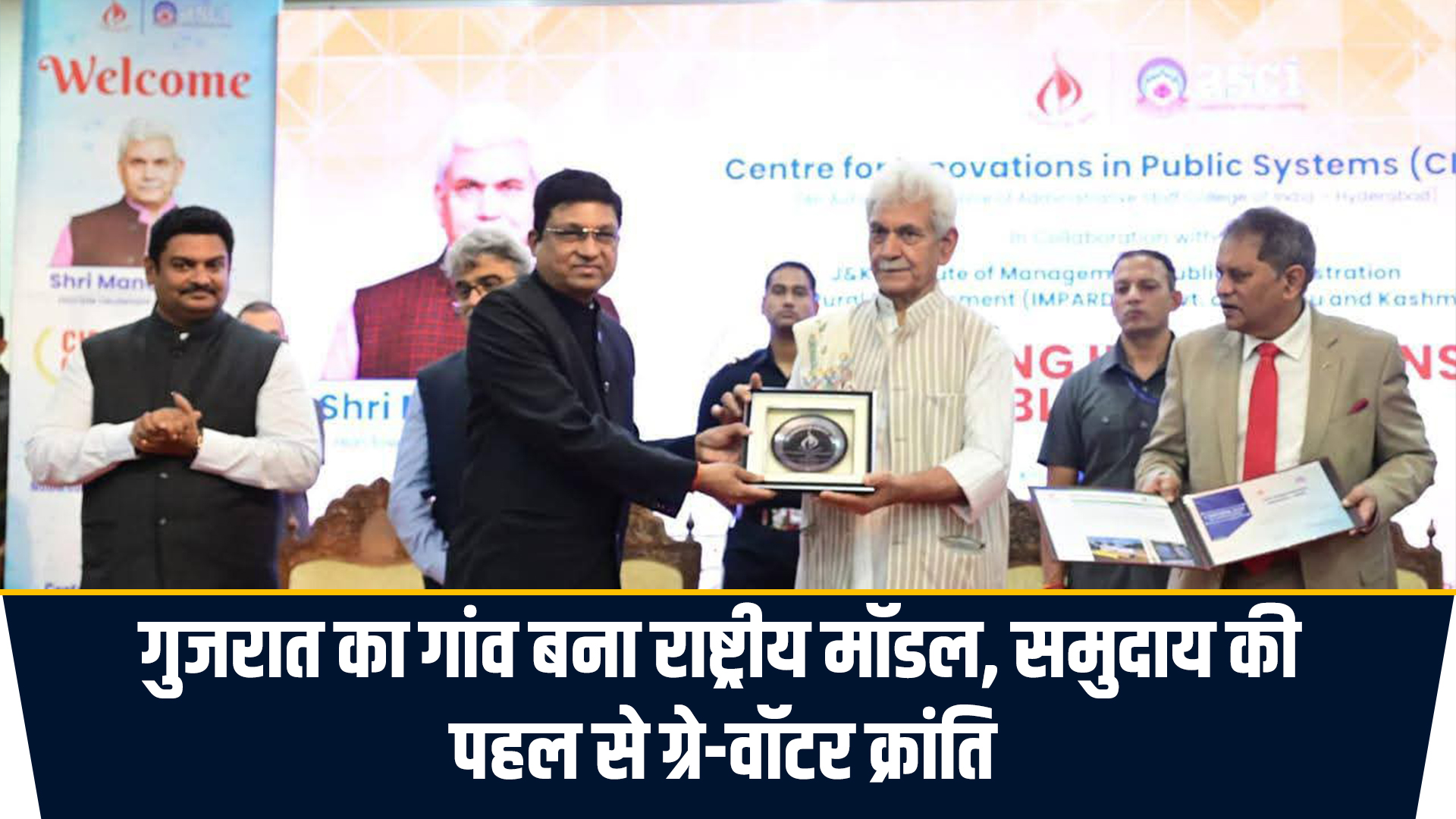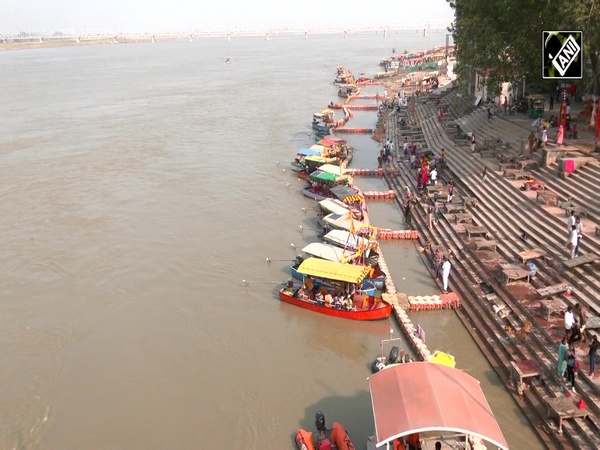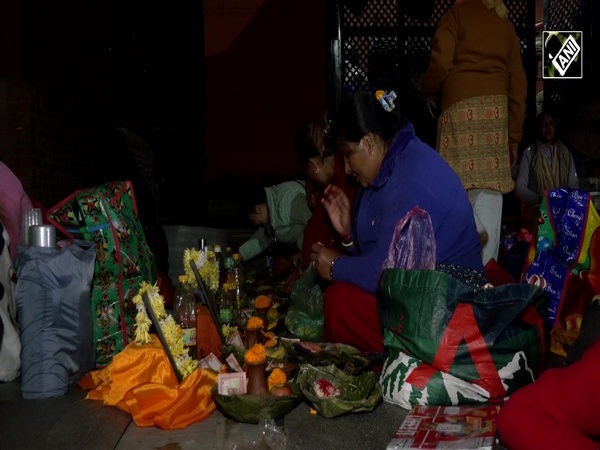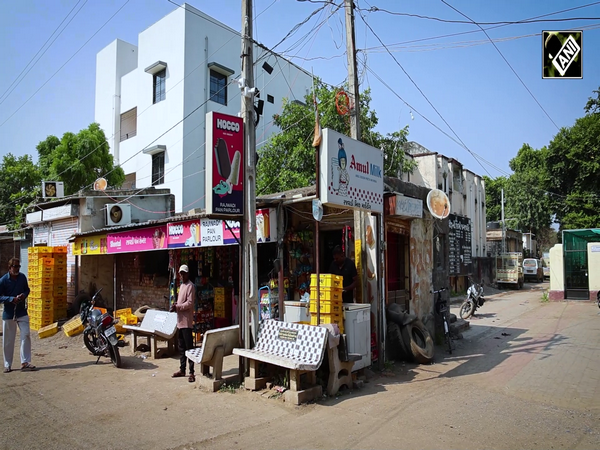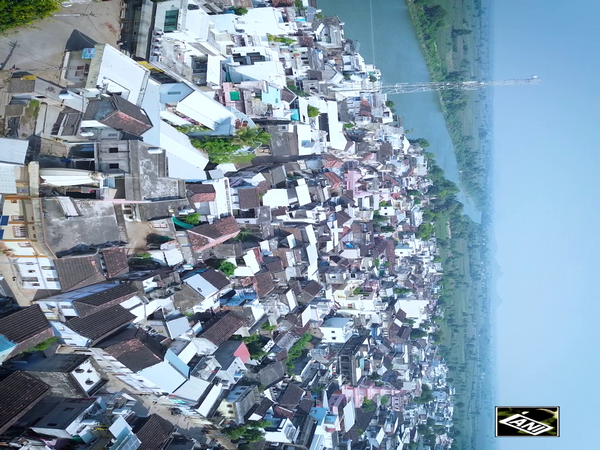AIIMS doctors give new lease of life to Tapsya after arranging blood from Japan
Jun 18, 2024

By Shalini Bhardwaj
New Delhi [India], June 18 : Tapsya was at risk of anaemia in the womb only because her mother was RH17 negative which is a rare blood group. Now the challenge was to arrange the rare blood that has to be given to a fetus by intrauterine transfusion. But doctors of AIIMS Delhi decided to do this with the help of NGOs and Rashtriya Arogya Nidhi Scheme which provides financial support to those below the poverty line.
"This patient has a unique challenge because getting someone who doesn't have this antigen was difficult for us. In this case, the mother's body contained anti-RH-17 antibodies which attacked and destroyed the fetal cells leading to a decrease in the red blood cell count. To ensure the safety of the fetus and well-being the Japanese Red Cross delivered three units of RH 17 negative red blood cells to our facility at intervals," said Dr Vatsla Dadhwal, Professor, Department of Obstetrics and Gynaecology, AIIMS, Delhi.
The woman who gave birth to the first child has already lost seven pregnancies and she was referred from the Lady Hardinge Hospital to AIIMS Delhi. According to Dr Neena Malhotra who is HOD of the Department of Obstetrics and Gynaecology at AIIMS Delhi, the trigger point for the doctors in this is that women lost their 5th, 6th and 7th pregnancy due to Hydrops. It's a condition in which large amounts of fluids build up in a baby's tissues and organs, causing extensive swelling (edema).
"She already lost her 5th, 6th and 7th pregnancy due to hydrops which was a trigger point for us. So that lets us understand that something is causing anaemia in the fetus. We started investigating the case because there was definitely something around the blood group," said Dr Neena Malhotra
The incompatibility between the red blood cells of the mother and the baby in the womb may lead to problems for the unborn child due to destruction of the red cells leading to anaemia, jaundice, heart failure and even death of the baby. The most common known incompatibility is due to the RhD antigen (commonly known as D+ or D-) and in severe cases of fetal anaemia RhD- blood is transfused to the baby inside the mother's womb through the umbilical cord.
However, in this case, the mother was negative for the Rh 17 antigen which is very rare to find. Due to this the babies in her womb would suffer from incompatibility and develop anaemia and she had previous 7 pregnancy losses. When she came to AIIMS in her 7th pregnancy, she had already lost her child inside her womb but in that pregnancy, the Blood group was identified by the Blood Bank team under Dr Hem Chandra Pandey.
In her 8th Pregnancy, she came to us at the 5th month of pregnancy when it was found that the baby was already anaemic and required blood to be given urgently. Although the blood group had been identified, the blood was not available in India.
"The team from the Department of Obstetrics and Gynaecology, including, Dr K Aparna
Sharma, Dr Vatsla Dadhwal, Dr Neena Malhotra and Dr Anubhuti Rana, actively discussed the matter with Dr Hem Chandra Pandey. The Japanese Red Cross was contacted and confirmed the availability of blood," states AIIMS
"The next steps were to arrange funds for transfer and the necessary permits. This required the cooperation from the Social Service department of AIIMS, under the leadership of Mr Shekhar who actively liaisoned with the NGOs to arrange funds within 48 hours. The rapid administrative clearances were taken due to the efforts of departmental faculty Dr Nilanchali Singh, and Dr Deepali Garg who coordinated with the departmental leadership and the hospital administration with whose support, the blood was imported from Japan. With the available blood, the fetus received 6 blood transfusions inside the mother's womb and the state of hydrops (heart failure) reverted to normal. The pregnancy continued till 8 months when the baby was delivered by a Caesarean section. This is the first case of a successful pregnancy outcome in a case of alloimmunization due to Rh 17 Ag in India and 8th case in the world," it said.
